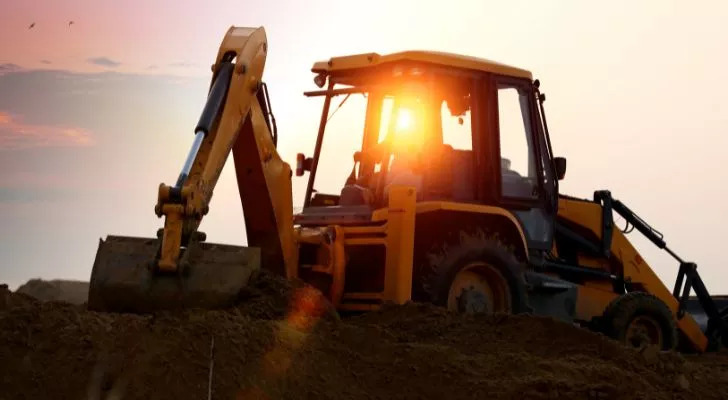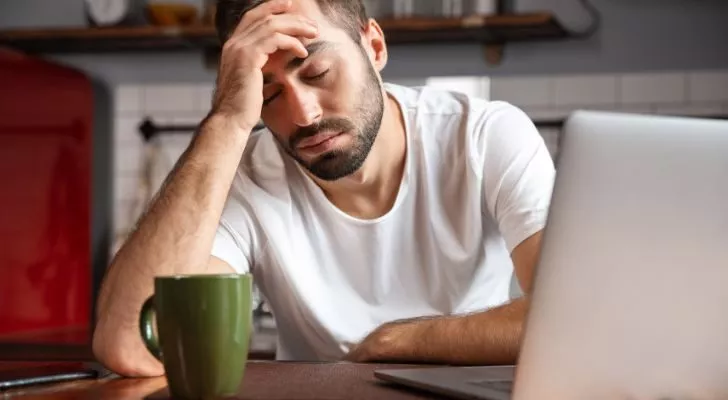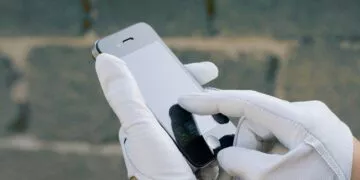The first country implemented daylight saving time about a century ago, and it has since become a yearly ritual.
But why do we reset our clocks twice every year?
Keep reading if you’re itching to understand the reason behind this time policy. We’re about to dive deep into the history of daylight saving time, why we observe it, and even why its popularity has dwindled lately.
What is daylight saving time?

Daylight saving time (DST) is the tradition of setting clocks back by an hour during the warm seasons of the year. It typically begins in spring, but exact dates vary from region to region.
For example, the United States officially enters daylight saving mode on the second Sunday of March. When DST ends in autumn, the standard time returns.
Benjamin Franklin was the first to discuss how daylight changes with the seasons. However, he only mentioned it in a light-hearted essay in 1784, suggesting that people wake up with the Sun.
In 1895, New Zealand entomologist George Hudson complained that he did not have enough daylight to work during spring. He proposed a two-hour shift to allow him more time for work.
About a decade later, someone decided to take the movement for a seasonal time change seriously.
This was Englishman William Willett, who, in 1907, campaigned for clocks to be set 80 minutes ahead in April. But instead of a sudden change, he suggested a gradual 4-step move. Despite his best efforts, his proposed changes weren’t taken up.
Germany officially became the first country to implement daylight savings time in 1916. This was to help them save energy during the First World War.
What is the purpose of daylight saving time?

Earth’s tilt means we get more hours of sunlight during summer and less in winter. Daylight saving time helps us take advantage of that extra evening daylight.
When DST was first implemented, coal lamps lit the town. This time change reduced the energy spent lighting the city, as there was one less hour to burn the lamps.
The same is true today. DST, which occurs during the warmer months, forces people to rely less on electricity for lighting.
Instead, they can simply illuminate their homes with natural light from the Sun for an extra hour.
Another way setting our clocks forward works is that people spend more time outdoors in pleasant weather.
Consequently, they use less energy to power electrical appliances.
How does daylight saving time affect your health?

Ever notice how everyone gets so tired and sleepy whenever DST starts?
We lose about an hour of sleep when we change our clocks during spring and summer. This disrupts our sleep schedule and circadian rhythm and raises our stress levels.
Unfortunately, DST could have more severe health consequences like mood disturbances, heart attacks, and strokes.
Furthermore, people who are already tired from not getting enough sleep are more likely to make mistakes when operating heavy machinery. Unsurprisingly, this leads to an increase in traffic accidents.
Just when you’re finally getting used to the time change, daylight saving ends in November, throwing off your sleep pattern again. According to researchers, this second time change is associated with increased depressive episodes and other mental health conditions.
To remedy DST tiredness, experts have come up with a few tips. First, consider gradually altering your sleep schedule as the time approaches. Try going to bed a few minutes earlier to ease your way into the time change.
Alternatively, you could do nothing and try to stick to your old sleep routine. Reducing sleep disruptors like caffeine, alcohol, exercise, and screens before bed will also help you sleep soundly.
Does everyone observe daylight saving time?

Most countries don’t observe daylight saving, and most of those that do are within Europe, but there are exceptions. European countries that skip DST include Belarus, Iceland, Georgia, and Russia.
Even in nations that use DST, it might be restricted to specific regions. For instance, almost every state in the US follows DST except Hawaii and some parts of Arizona.
Countries around the equator typically don’t observe DST, either, as the daylight hours don’t vary enough for it to be practical.
Interestingly, the movement against daylight saving time has gathered momentum in recent years. Most people see it as an unnecessary inconvenience that causes confusion.
Over time, more countries have abandoned daylight saving. In 2015, 79 countries reset their clocks each year, but the number has dropped to 71 in 2024.
So why do we have daylight saving time? Well, if you haven’t figured it out yet, the answer is in the name – it lets us make better use of those long, sunny summer days!
Despite the purported benefits of daylight saving time, though, this policy may not be all it’s cracked up to be.
The confusion around the correct times, as well as the tiredness and potential health issues it causes, makes it hard to see the positives.
As more people voice their dissatisfaction with this time change, many nations are choosing to leave it behind. If you had the choice, would you prefer to keep daylight saving time or not?


















